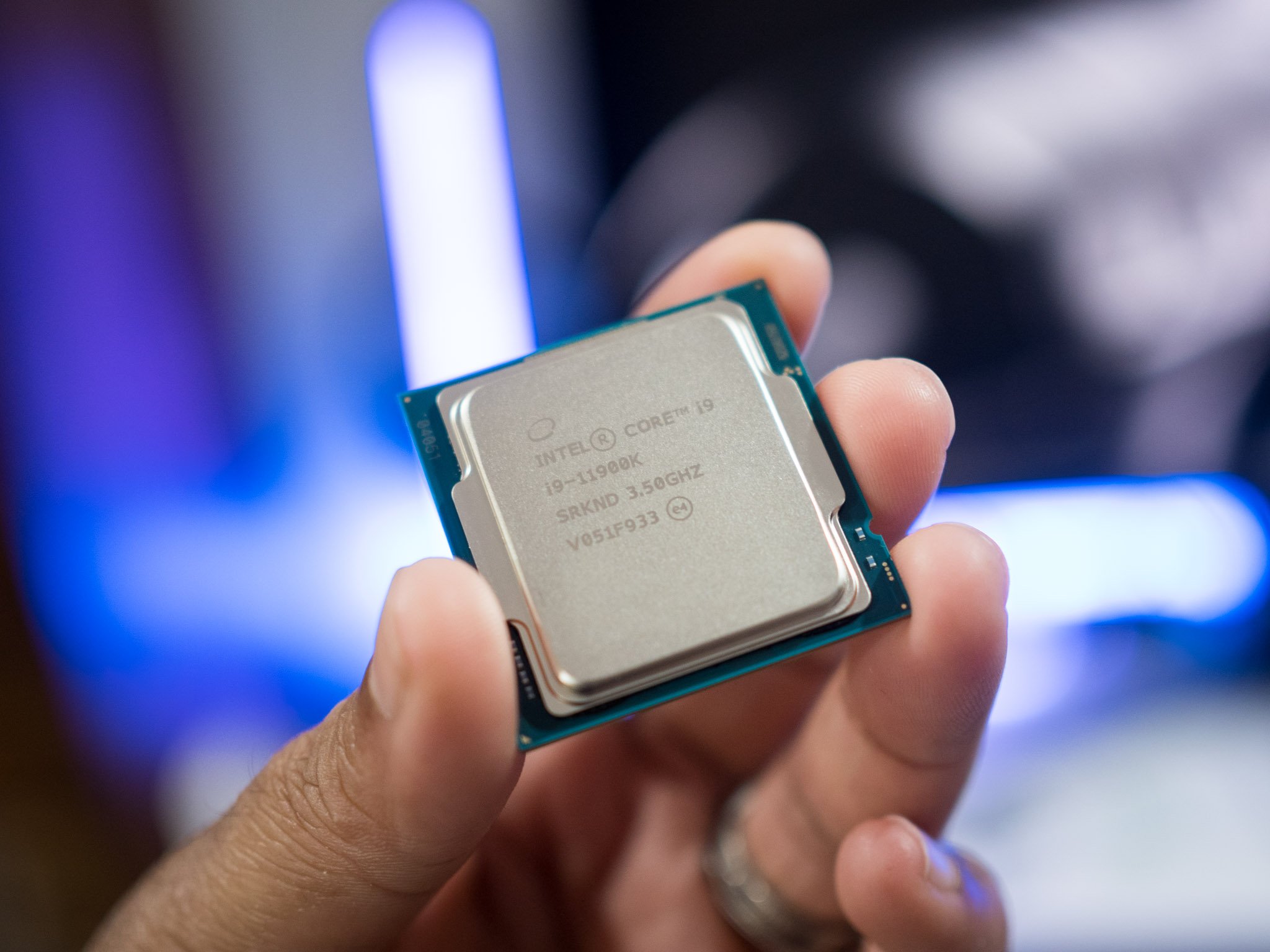Intel will reportedly utilize TSMC's 3nm technology while it works to improve its own processors.
What you need to know
- Intel and Apple will reportedly be the first adopters of TSMC's 3nm chip manufacturing technology.
- TSMC claims that chips built with the 3nm process will perform up to 15% better and use up to 30% less power than those made with 5nm tech.
- Intel famously had to delay its move to 7nm technology.
Intel and Apple will be the first adopters of Taiwan Semiconductor Manufacturing Co.'s (TSMC) 3nm chip technology, according to a report by Nikkei Asai. Several sources told Nikkei Asia that commercial output of the chips should start in the second half of 2022. Intel will reportedly work with TSMC to make CPUs for notebooks and data centers using the 3nm process.
Intel has famously delayed its move down to smaller nanometer technology. Recent reports suggest that the company's 7nm Meteor Lake chips are set to be released in 2023. By working with TSMC, Intel can move to chips made with a 3nm process while it works on improving its own technology.
AMD, which competes with Intel in the computing space, is reportedly set to use TSMC's 5nm technology for notebook processors in 2022.
3nm refers to the measurement between transistors on a chip. Generally, smaller gaps indicate better processors.
TSMC claims that 3nm technology can improve computing performance by between 10% and 15% over 5nm tech. The technology also reduces power consumption by between 35% and 30%, according to TSMC.
Nikkei Asia's sources indicate that Apple's iPad will likely be the first device powered by chips made with 3nm technology. While Apple's hardware may be the first to run on the new chips, a source told Nikkei Asia that Intel may order more of the new processors, "Currently the chip volume planned for Intel is more than that for Apple's iPad using the 3-nanometer process."
Intel confirmed that it is working with TSMC for its 2023 product lineup to Nikkei Asia but did not specify which process will be used in that project. TSMC and Apple have not shared comments on the story at this time.
Our sister site iMore covers the same news with an emphasize on how it affects Apple's hardware.






0 comments:
Post a Comment